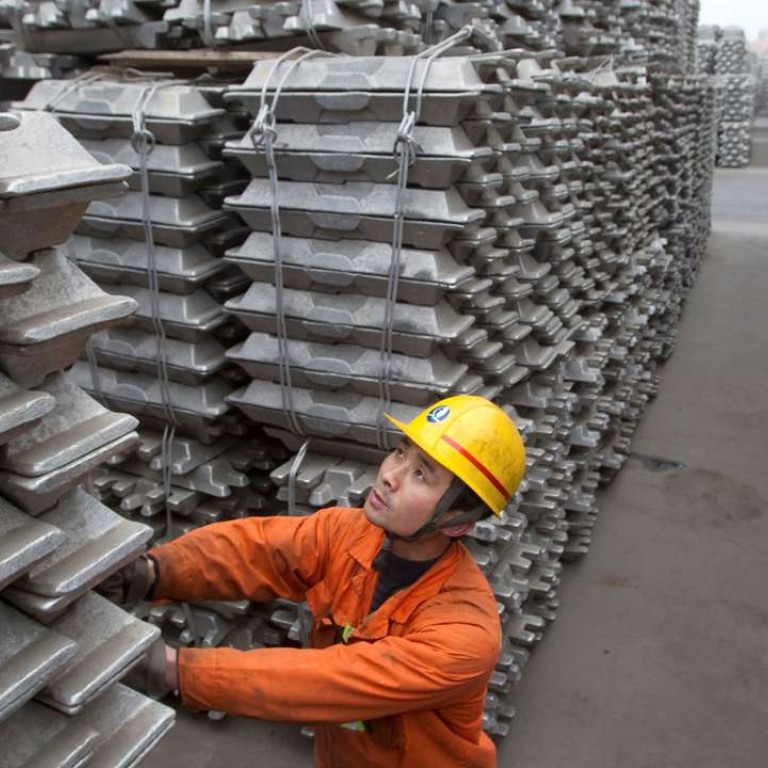
Let’s talk, Chinese aluminium officials tell US trade hearing in face of criticism
Appearing at the end of a day of submissions at the US International Trade Commission (ITC), the officials argued that China’s aluminium industry had been a major contributor to the global economy.
“We believe we can effectively address the global aluminium industry’s challenges through dialogue and cooperation,” officials from the China Nonferrous Metals Industry Association said in a submission.
The hearing, part of an investigation requested by the House of Representatives Ways and Means Committee, heard from US, Canadian, European and Russian groups and companies involved in smelting, extruding and recycling.
They argued that China’s excess capacity was led by government policy and had caused lower prices worldwide.
The Chinese trade group officials said their industry’s development had been driven by domestic demand that was expected to grow as the metal was used in new applications, such as train carriages and bridges.
They added that Beijing had eliminated some inefficient capacity and was reducing investment in the sector.
The arguments appeared in the face of a push by some US industry members for Washington to impose countervailing or anti-dumping duties on some Chinese producers.
The US Department of Commerce is investigating China Zhongwang after the US Aluminium Extruders Council alleged the company evaded US import tariffs on aluminium extrusions.
Extrusion is the process of shaping aluminium by forcing it to flow through an opening in a mould to make products for use in industries ranging from electronics to aerospace.
US industry and labour groups at the hearing also complained about the heavy use of coal to generate electricity to power most of China’s smelters – a practice that appeared to be at odds with Beijing’s promises to reduce greenhouse gas emissions.
They also accused China of using third-country markets, including Mexico and Vietnam, and mislabelling primary aluminium as semi-fabricated metal, in an effort to evade high tariffs.
The ITC, which has no power to enact trade sanctions, will eventually issue a report to the House panel.

